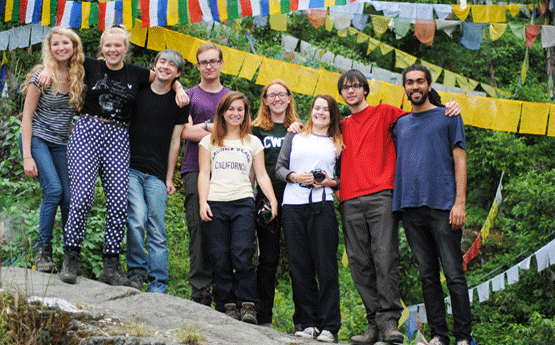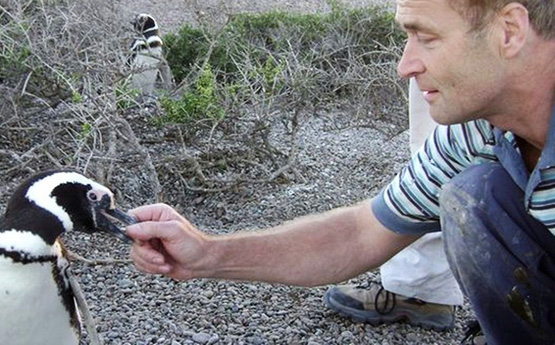A levels: grades ABB-BBB, to include Biology or Human Biology, or equivalent.
Welsh Baccalaureate: Requirements are as for A levels where you can substitute the same non-subject specific grade for the Welsh Baccalaureate Advanced Level Core Grade
BTEC Extended Diploma: Grades DDD plus at least one GCSE grade B in Science with GCSE Grades C in English/Welsh and Mathematics. Accepted BTECs: Applied Science, Environmental Sustainability, Countryside Management.
Scottish Highers: ABBCC to include Biology grade B.
Access to Science (Bioscience): 24 Distinctions (3 of which must be Biology) and 15 Merits at Level 3.
IB: with 32 overall to include 5 in Higher Level Biology.
IELTS: 6.0 (with a minimum of 5.5 in each component) or equivalent English test.
We may consider other qualifications if they are science-based if they are equivalent to A-levels, and if the content of the qualification includes significant amounts of Biology (i.e., equivalent to A-level Biology).
All applications will be considered on an individual basis, and we will look at the whole application when deciding whether to make an offer of a place, including: the balance, nature and quality of A-level, AS and GCSE subjects (or equivalent); personal statement and referee’s comments.
General Studies and Key Skills qualifications are normally excluded from our offers.




